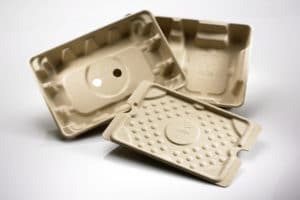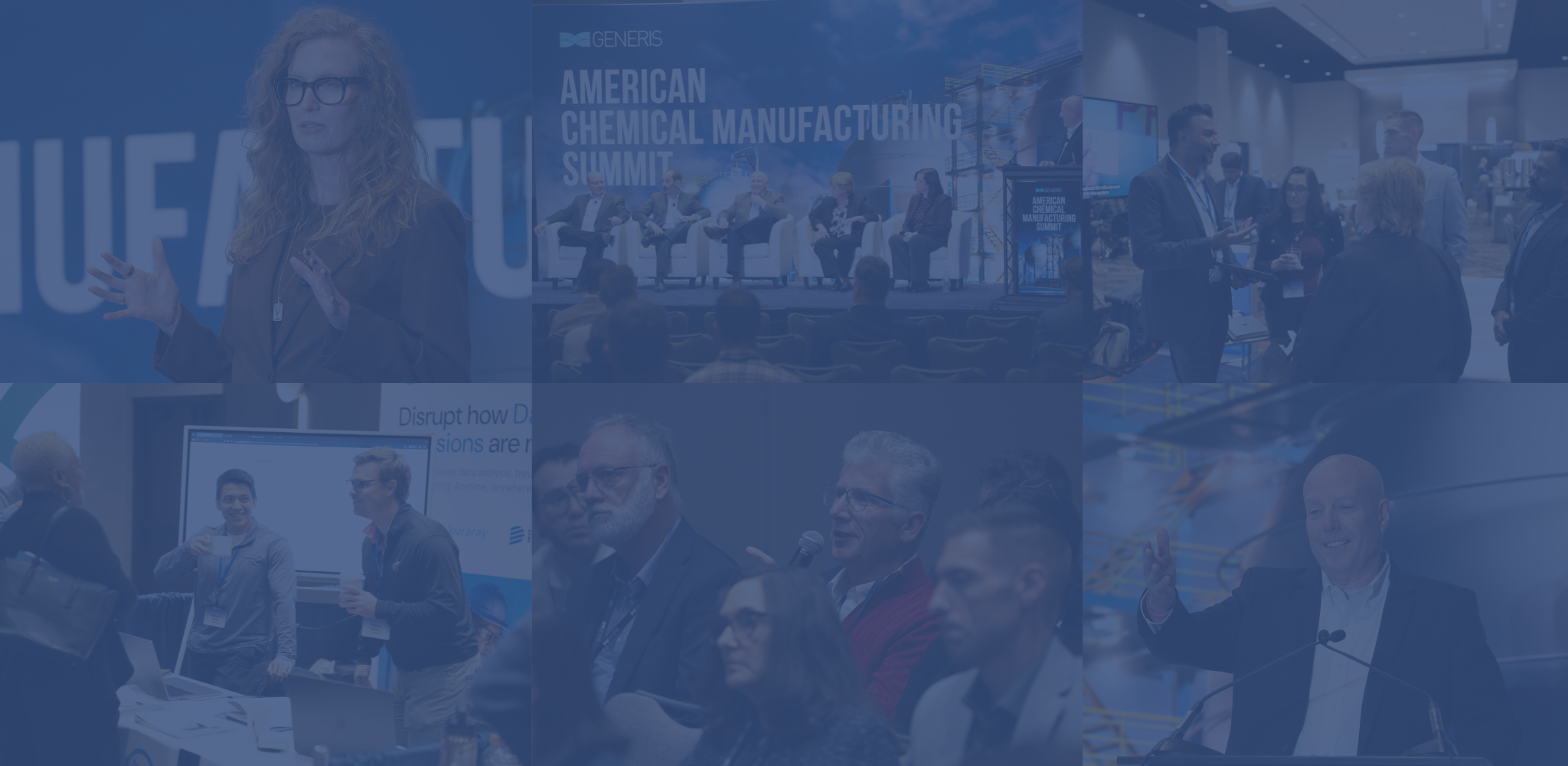92% of respondents to the 2017 Sustainable Packaging Study, conducted by Packaging Digest and the Sustainable Packaging Coalition, said “sustainability in packaging has never been more important”. Brands are taking notice.
At this year’s World Economic Forum in Davos, the Ellen Macarthur Foundation announced that the list of big companies that they are working with towards the goal of 100% reusable, recyclable, or compostable packaging by 2025 or sooner has grown to eleven. The companies onboard are: Amcor, Ecover, evian, L’Oréal, Mars, M&S, PepsiCo, The Coca-Cola Company, Unilever, Walmart, and Werner & Mertz. Together, these companies create over 6 million tonnes of plastic packaging per year.
The Cola-Company, which has 500 brands in its portfolio, launched the “World Without Waste” campaign on January 19, 2018. Under this plan, they will continue toward their goal of making all consumer packaging 100% recyclable by 2025, and to have 50% recycled content in their packaging by 2030. Their overarching goal is to collect and recycle the equivalent of every bottle or can they sell globally by 2030.
Coca-Cola launched their fully recyclable PlantBottle™ packaging in 2009. In 2013, they put this same renewable material in the interior of a Ford Fusion Energi to highlight the potential for “a future of renewably sourced, low-carbon polyester fibers that can be recycled again and again.”
Two other notable companies that have made big pledges to have more sustainable packaging are McDonald’s and Dell.
McDonald’s announced on January 16, 2018, that by 2025, all of their packaging will come from renewable, recycled or certified sustainable sources. They have also set the goal by 2025 to have recycling available in 100% of restaurants worldwide.
“As the world’s largest restaurant company, we have a responsibility to use our scale for good to make changes that will have a meaningful impact across the globe,” said Francesca DeBiase, McDonald’s Chief Supply Chain and Sustainability Officer.

Dell’s Bamboo Packaging
Packaging sustainability is just one of many lofty environmental goals that Dell laid out in their 2013 “Legacy of Good” plan. The others include decreasing greenhouse gas emissions, diverting waste from landfills, and recovering 2 billion pounds of used electronics.
A leader in packaging innovation, Dell has committed to making 100% of its packaging either recyclable or compostable by 2020. In order to do this, they are experimenting with innovative materials, such as bamboo, mushroom, and wheat straw based packaging. They are also working to create the first commercial-scale global ocean-bound plastics supply chain, processing plastics collected from beaches, waterways, and coastal areas and using them as part of a new packaging system for the XPS 13 2-in-1 laptop.
Join the conversation on sustainable packaging solutions with speakers from The Coca-Cola Company, PepsiCo, Dell, Nestle, and more at the 2018 American Packaging Summit! VIEW THE PROGRAM
%20(1).png?width=773&height=112&name=Generis%20Logo%20full%20Colour%20(Large)%20(1).png)


.png)
-2.png)
